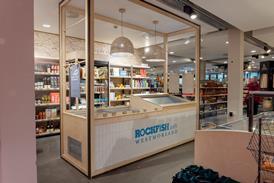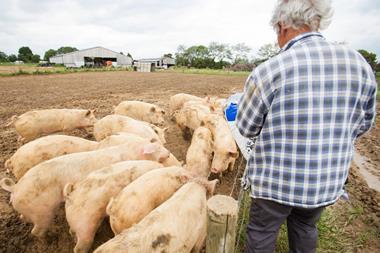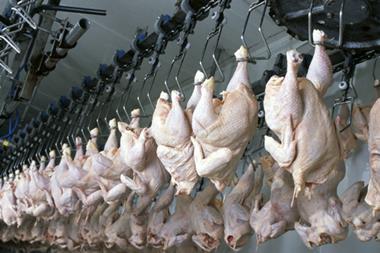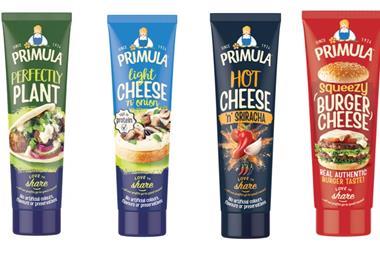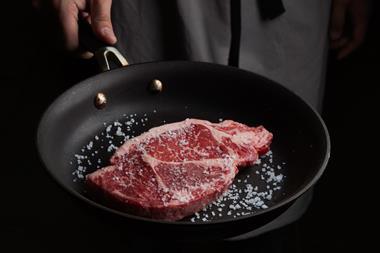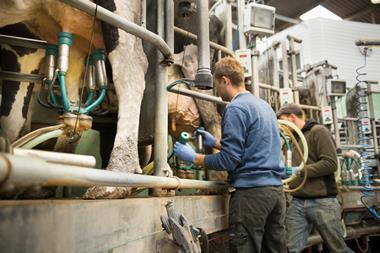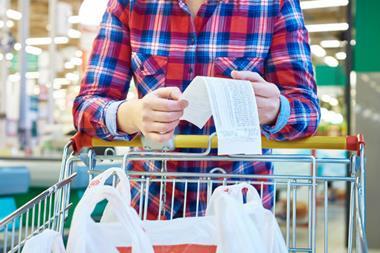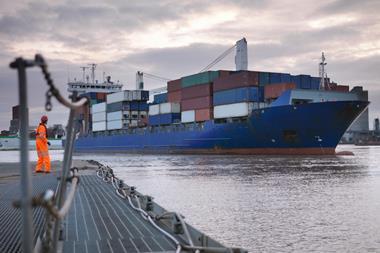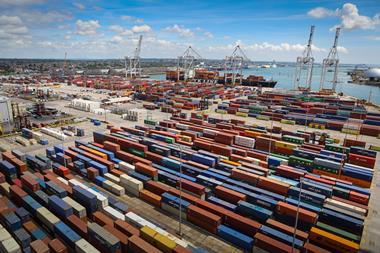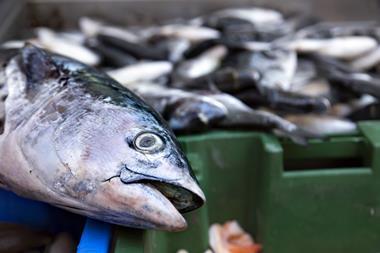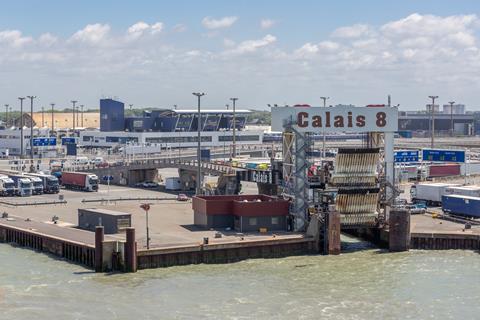
Many of Britain’s leading food and agriculture organisations have reiterated calls for the EU and UK to “urgently” draw up a veterinary agreement to reduce what they say is the “financial and human cost of post-Brexit red tape”.
Costs incurred due to the rules meant “many food businesses can no longer afford to export to the EU”, according to the SPS [sanitary and phytosanitary] Certification Working Group, which includes among its members Dairy UK, the British Poultry Council, the Road Haulage Association, the Cold Chain Federation and the NFU.
The group said “short shelf-life foods are particularly impacted” by the rules as “time-sensitive ‘just In time’ production and distribution means that any delays in the transportation compromises the ability to sell them.
The requirements cost exporters an estimated £60m “in paperwork” last year, with the burdens exacerbated by a labour shortage after the number of vets from EU member states fell by a third due to a brew of Brexit, coronavirus pandemic lockdowns and travel curbs.
The group’s demand came hot on the heels of another member organisation, the British Meat Processors Association, calling for an EU-UK veterinary deal to reduce the impact of post-Brexit burdens.
“Extra administrative staff, additional paperwork, record keeping and systems to support the issuing of EHCs [Export Health Certificates], port charges and customs agents’ fees”, had all left to exporters facing additional costs, the BMPA said.
New EHC requirements announced in January led to complaints by British dairy and fish exporters that the replacement certificates were published at short notice and were too narrowly worded. Brussels and London agreed a grace period to allow use of the older certificates until April.
The EU has 12 phytosanitary deals in place with trade parters – regimes which in some cases entail veterinary rules. Agriculture powerhouses Canada and New Zealand are among the countries to have agreements with EU, giving their food exporters a possible advantage over British competitors.

